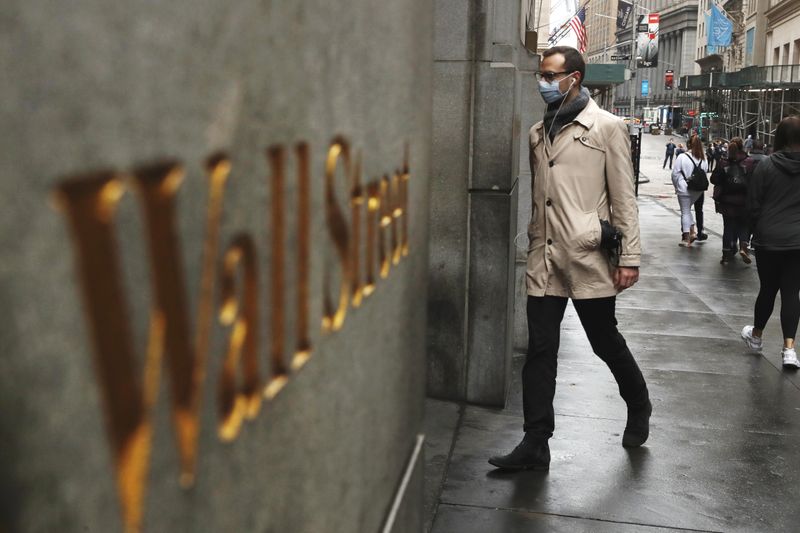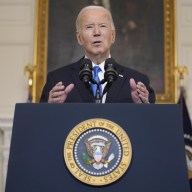WASHINGTON (Reuters) – The U.S. derivatives regulator is updating how it assesses penalties for the first time in decades as it pursues more sophisticated forms of misconduct, including fraud, futures manipulation, and rate-rigging, it said on Wednesday.
Congress dramatically expanded the remit of the Commodity Futures Trading Commission (CFTC) following the 2008 financial crisis, but the agency has not formally updated its guidelines on fines for banks, dealers and other trading firms since 1994.
The new framework underscores the agency’s growing focus on pursuing complex systemic misconduct across institutions and markets, in contrast to one-off boiler room scams and rogue traders which had once been its focus.
“An awful lot has changed since 1994 inside the agency and we thought we needed to provide some additional guidance on how we do things, in particular as we continue to grow into our jurisdiction,” CFTC enforcement director James McDonald told Reuters.
The CFTC said it will consider a range of factors when assessing penalties. These include: the gravity and pervasiveness of the misconduct, whether the company concealed or obstructed an investigation, the robustness of its compliance program, the responsibility of management and the timeliness of remediation.
McDonald said the new guidance would not necessarily mean higher penalties. Rather, he hoped greater transparency over how the agency assesses penalties would encourage companies to boost internal controls and help deter wrongdoing.
“We’re imposing significant fines routinely in the eight figures. That’s a pretty significant difference from pre-Dodd Frank (Act),” he said, referring to 2010’s Wall Street reform.
In 2017, McDonald launched a program encouraging companies and individuals to self-report wrongdoing and cooperate with investigators in exchange for lower penalties.
The CFTC has recently upped its collaboration with criminal prosecutors, raising the stakes for bad actors. In fiscal 2019, the CFTC filed a record 16 cases in parallel with criminal authorities, according to its annual report.
(Reporting by Chris Prentice; Editing by Michelle Price and Chizu Nomiyama)



















